Manufacturing & Quality
Technology at Work
Opus Plastics is a leading packaging solution provider focused on manufacturing Bottles and Closures for Pharmaceutical and Healthcare industry.
Our goal is to make perfect product, every time, no exception. We understand criticality and requirements of Pharmaceutical and Health care packaging. This means, we deliver predictable, repeatable quality you can depend on to keep your filling lines running smoothly.
Plastic bottle & closure vision inspection:
Ensuring the highest quality control for specialty bottles designed to store diverse tablets is crucial. This holds true for plastic bottles and other molded products as well. KEYENCE’s machine vision systems, renowned for their application in production lines globally, offer comprehensive factory automation solutions. Specifically, these systems play a vital role in inspecting plastic and molded products, ensuring precision and reliability.

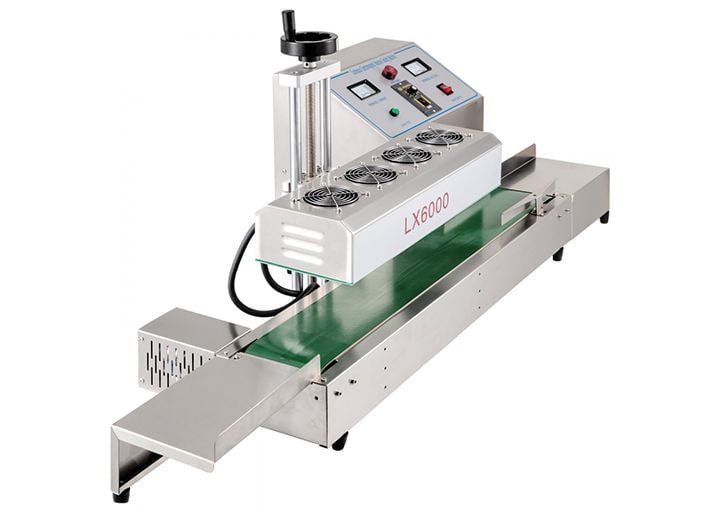
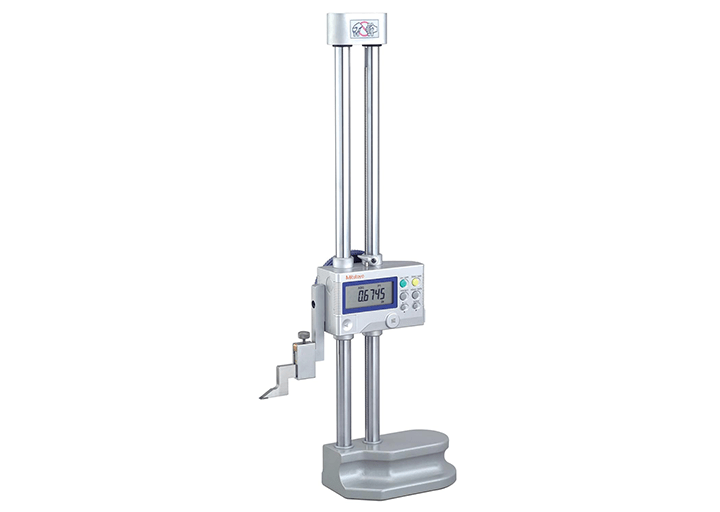


Quality Standards
Opus Plastics maintains a robust quality standard that encompasses a range of critical elements to ensure the production of high-quality packaging solutions, particularly for the pharmaceutical and healthcare industries. Here’s a Opus Plastics’ Manufacturing Quality Standard
US Drug Master File (DMF)
Opus Plastics adheres to the requirements of the US FDA by maintaining a Drug Master File, which provides comprehensive information about the facilities, processes, and materials used in the manufacturing of pharmaceutical packaging. This demonstrates a commitment to regulatory compliance and transparency.
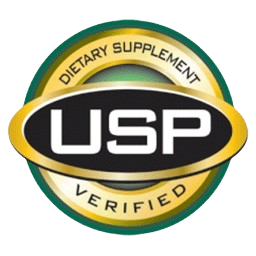
USP Testing
The company conducts United States Pharmacopeia (USP) testing to verify that its packaging materials meet the stringent quality and safety standards outlined in the USP. This ensures that the packaging is suitable for use in pharmaceutical applications.
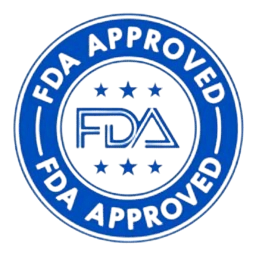
FDA Approved Materials Only
Opus Plastics exclusively utilizes materials that have received approval from the U.S. Food and Drug Administration (FDA). This dedication to FDA-approved materials underscores the commitment to product safety and regulatory compliance.

First Piece Approval
Opus Plastics rigorously inspects and tests the initial product (first piece) before full-scale production begins. This practice ensures that quality standards are met from the outset.

In-Process Checks
Regular in-process checks during manufacturing enable Opus Plastics to identify and address any deviations from quality standards in real-time, minimizing the risk of defects.
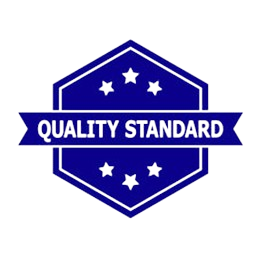
Internal Quality Standard
The company establishes and maintains internal quality standards to reinforce its commitment to delivering products that consistently meet or exceed customer expectations.

Calibration
Opus Plastics regularly calibrates its equipment and instruments to maintain accuracy and precision in the manufacturing process, ensuring product quality and reliability.
Clean Room Manufacturing
The company employs clean room manufacturing facilities to prevent contamination and maintain the purity and sterility of packaging materials. This is especially crucial for pharmaceutical and healthcare applications where product integrity is paramount.

Site-Wide Training Program
Opus Plastics ensures that its employees undergo comprehensive training programs that cover quality standards and procedures throughout the manufacturing process. This training contributes to maintaining consistent product quality.

ISO Standards
Opus Plastics complies with ISO (International Organization for Standardization) standards, which serve as a framework for implementing effective quality management systems. Adherence to ISO standards reinforces the company's commitment to consistent quality and customer satisfaction.

Preventive Maintenance Program
A preventive maintenance program is in place to keep machinery and equipment in optimal working condition, reducing the likelihood of disruptions to the manufacturing process and upholding product quality.



